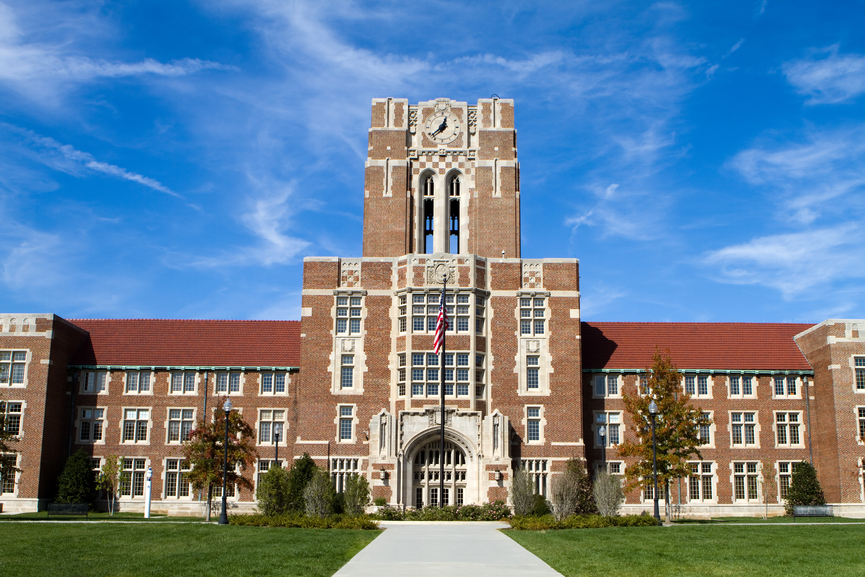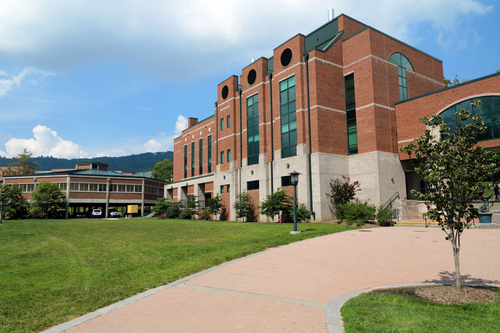Counteracting Anxiety, Depression, and Social Withdrawal in College
Researchers investigated possible predictors of first year success for college students diagnosed with autism spectrum disorders. Eleven freshmen students enrolled at two universities. Each student received specialized supports for ASD at their respective colleges and participated in periodic assessments of social, emotional, and academic functioning. Investigators examined factors related to academicContinue Reading








